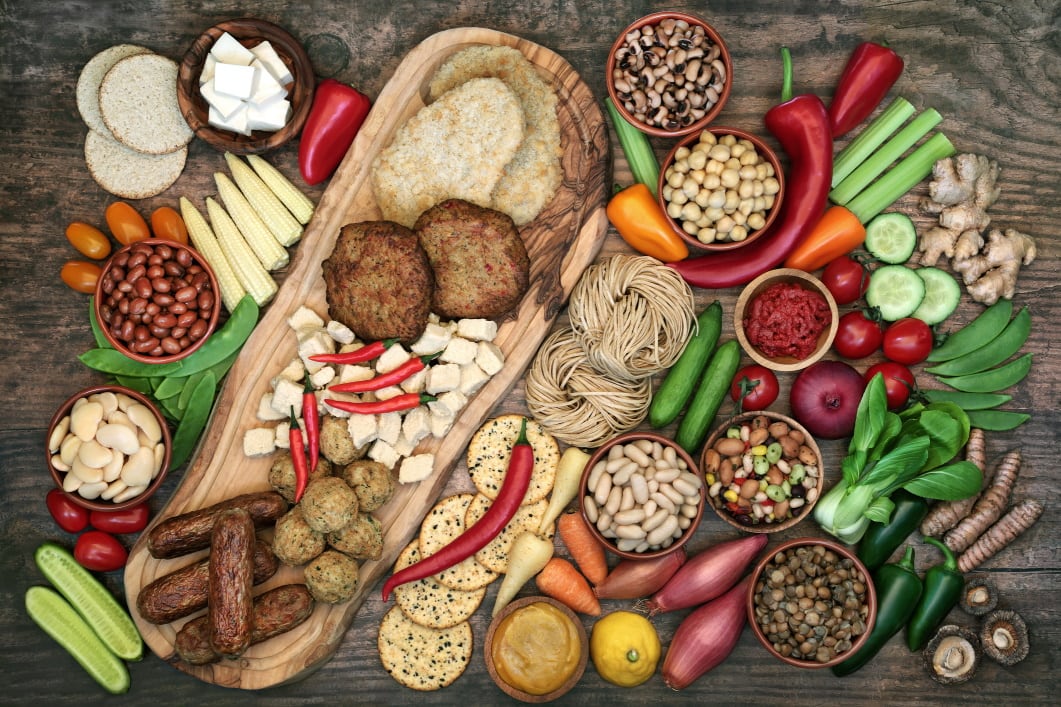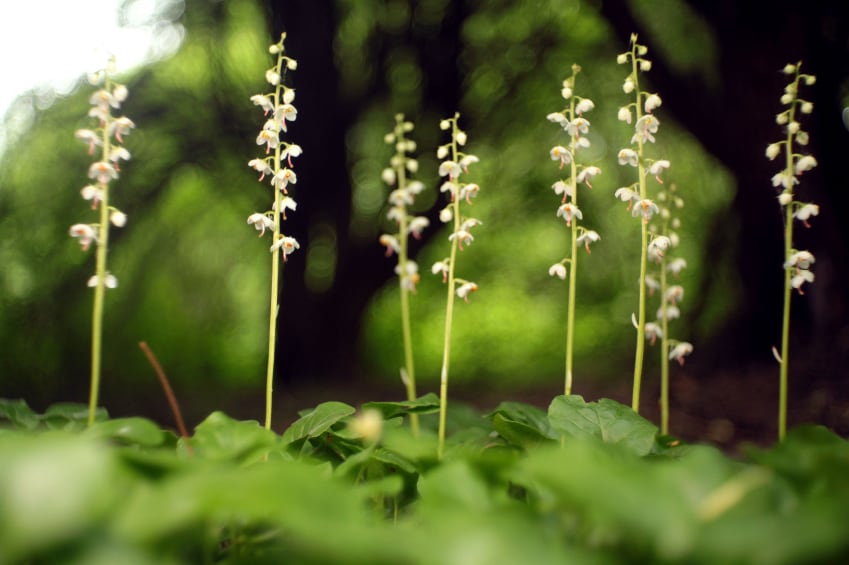Knorr, the stock-to-soup brand owned by Unilever, is investing in a research programme that will work with students at Wageningen University in the Netherlands. The aim: to ‘shift the masses’ on a path to ‘better eating, for people and the land’.
Through the on-campus collaboration, Knorr wants to understand current consumption behaviour and explore new product ideas. Knorr will work alongside nutrition and sustainability experts as well as students at Wageningen University, which has just been voted the best university in the Netherlands for the 16th year in a row.
Learnings will be open source to the wider food community and initial findings will be published next year.
Knorr Vice President April Redmond said the project will ‘help shape the brand’ into ‘what it needs to be’ for the next generation. The remit is broad: from ‘products’ and ‘purpose in action’, to how Knorr communicates and where it has ‘real impact’.
“We’re on a mission to help people eat in a way that is better for them and the planet. For this, it is crucial to engage with younger consumers and have the power to make healthier and more sustainable food choices.

“We will work with these students to understand what ‘good food’ can mean for us all, the barriers to sourcing, preparing and eating it and ways to overcome them. These students will help us to create products that appeal to the next generation, that are sustainable and delicious, that do not take from the land but nourish us all. Together we will help create the change we need to see and be,” Redmond revealed.
Innovation for the next generation
The Good Food Lab is a ‘test and learn environment’, assembling a young cohort of 18- to 24-year-olds who already self-identified as interested in the future of food and food production. “But while food is their passion, they are also much like any other young person when it comes to food choices,” Redmond told us. “We will be working with them to better understand how to make eating in a way that is better for people and planet easier and more appealing.”
Redmond said she ‘absolutely’ expects this to unlock new ways of thinking about the Knorr brand and innovation processes. She suggested that by working with the ‘next generation of consumers’ the company will gain ‘critical insights’.
“Knorr recognises the importance of leaning into the next generation to both learn from and support them to eat for good,” she elaborated. “This is why Knorr is launching the Good Food Lab, designed specifically to understand how food brands such as Knorr can work with the next generation to equip and inspire them – and ultimately the masses - to adopt a way of eating that is nutritious and sustainable.”
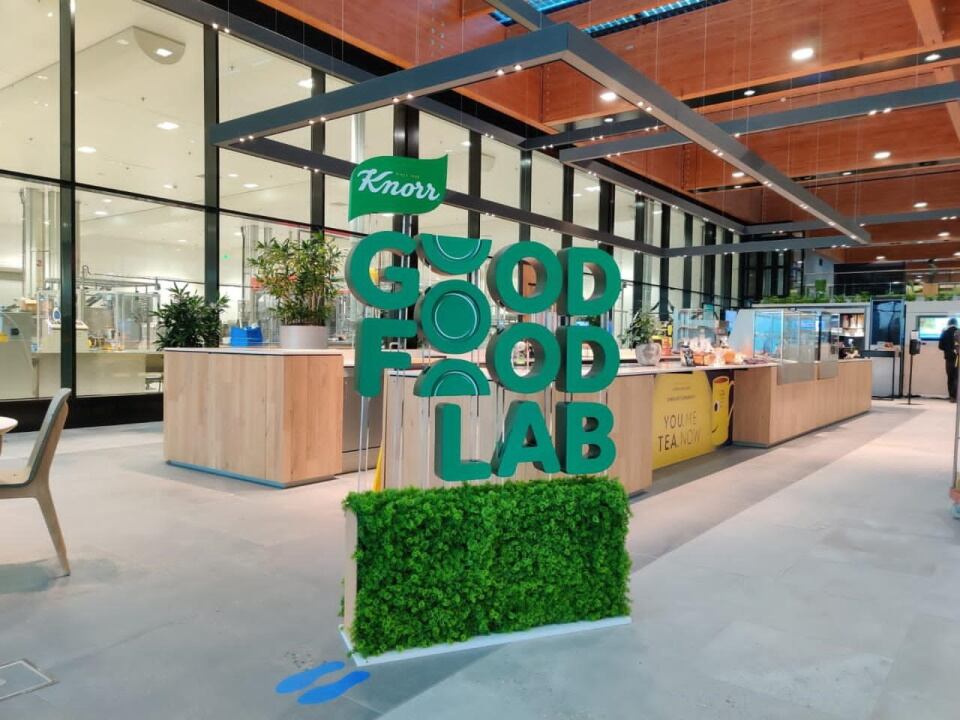
So, what does the next generation think about food? It’s early days for the Good Food Lab, but Redmond already has some insight to share.
“Based on baseline quantitative research that Knorr has undertaken with students at Wageningen University, there is strong evidence showing that the younger generation is very open to changing their attitudes and behaviours towards good food - food that is better for people and planet.”
Looking at the attitudes of students aged 18-24, researchers found diet is one of the areas this cohort say they are ‘most willing’ to change ‘for the benefit of the planet’. Ninety-five percent of young people surveyed said they believe changing their diet is an ‘effective way ‘to combat climate change. This compares to 64% who expressed a willingness to cut their air travel.
Ninety percent said they are willing to eat less meat and 22% of participants reported they have already adopted a meat-free diet. Of those who still eat meat, 72% said they ‘felt positive’ about choosing a plant-based diet.
Future 50 Foods and Knorr's plant-based push
According to the FAO, 75% of the global food supply comes from just 12 crops and five animal species – yet there are more than 20,000 known edible plant species worldwide.
“This excludes many valuable sources of nutrition and provides a limited amount and variety of important vitamins and minerals,” Redmond noted.
“Our nutritional health would greatly benefit from a more diverse diet, as one of the major problems we face is our global reliance on such a small range of foods.
“What is more, a more diverse diet will also act as protection for our planet. Dietary monotony and monoculture farming – the process of repeatedly harvesting the same crops – is linked to a decline in the diversity of plants and animals in and around agriculture, which further threatens the resilience of the food system.”
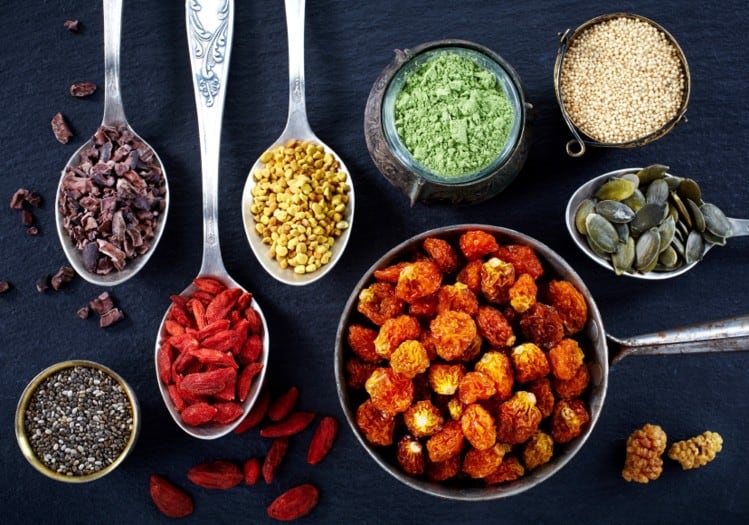
Working alongside WWF, Knorr has developed the Future 50 Foods report. “The aim of Future 50 Foods Report is to get people thinking about the impact of the food they eat on the health of themselves and their environment. It is a tangible solution to help lower the negative impact food has on the environment and increase the positive impact it can have on our health. The collective ambition is to get people eating a more diverse range of plant-based foods, with a significant drop in the reliance on animal-based sources of protein,” Knorr’s Vice President explained.
“The Future 50 Foods Report identifies 50 of the foods that offer the greatest potential to not only increase the nutritional value but also decrease the environmental impact of our everyday meals. We should all eat more of them to improve our health and the health of the environment. And through Knorr's expertise in flavour, we can help to make these plants tasty and delicious. For example, with our Veggie Stocks, it's easy to jam-pack taste into veggie dishes.”
Knorr aims to increase the number of its products with Future 50 Foods by 25% and have 50% of the product portfolio plant-based – both by 2025. This ambition is in-line with Unilever’s broader target to grow annual plant-based sales to €1bn as part of its work to shift its portfolio to products that deliver positive nutrition.
Redmond stressed that the need to increase the plant-based component of our diet is pressing, if the food sector is to feed the growing global population within planetary boundaries.
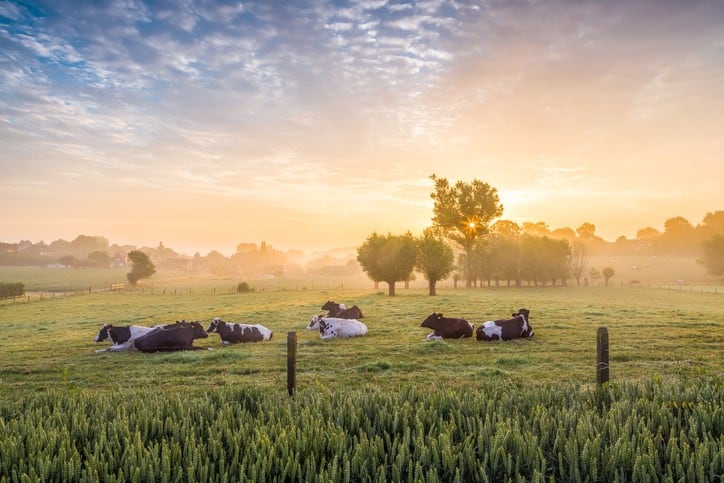
“Our reliance on animal-based sources of protein is a major problem, as it takes far more resources than plant-based foods to grow and produce and cause more harm to the environment. Total agriculture accounts for around a quarter of all greenhouse gas emissions, of which approximately 60% is due to animal agriculture.
“By 2050 the world population is predicted to increase to nine billion people whom we must nourish on a planet of finite resources. We need to transform our global food system to meet our needs as a growing population, and everyone needs to play a part in making the food system more sustainable – small actions over time create large-scale change.”
Knorr is ‘well-placed to contribute’ to innovation in the plant-based space, thanks to its ‘history and expertise in sustainability’, she continued. “Sustainably sourced vegetables and herbs have been used in Knorr products for the past ten years. Currently 95% of all vegetables and herbs in Knorr products are sourced sustainably. Knorr has an ambition to use its scale - reaching 2.8 billion people per year - to champion better ways to cook and eat for better health and a better planet.”
But, Redmond said, Knorr can’t go it alone. “A collaborative approach is necessary as we all to work together towards this shared vision for a sustainable global food system. No single organisation can do this alone,” she stressed.
“To transform our global food system to meet our needs as a growing population, everyone needs to play a part and we know that even small actions over time create large-scale change.”


